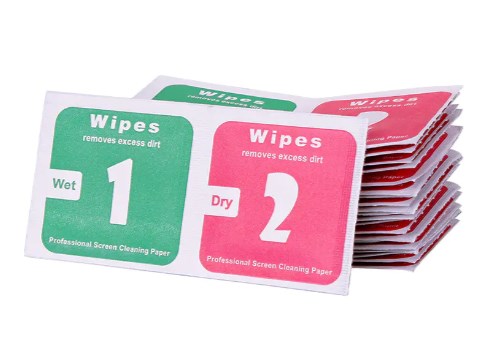News categories
Product categories
Alcohol wipes: The power of health in a small package
In the constant intersection of daily life and medical care, more and more people are beginning to pay attention to how to improve personal and environmental hygiene and safety in details. Under this trend, alcohol wipes, as a convenient and efficient disinfection tool, have quietly become an indispensable existence in families, medical institutions, public places and even outdoor activities. Although it is small in size, it contains powerful antibacterial ability and professional value, and its importance far exceeds many people's imagination.
Alcohol wipes are usually made by evenly soaking a disinfectant containing a certain concentration of alcohol on a non-woven material. The most common types of alcohol are ethanol or isopropanol, and the concentration is usually between 60% and 75%, which is the most effective antibacterial range scientifically verified. Alcohol within this concentration range can quickly penetrate the cell membranes of bacteria and viruses, causing their protein denaturation, thereby achieving efficient inactivation. For this reason, alcohol wipes have significant inhibitory and killing effects on common pathogens such as Escherichia coli, Staphylococcus aureus, influenza virus, and new coronavirus.
Compared with traditional hand washing methods or spray disinfectants, alcohol wipes have multiple advantages. Convenience and ready-to-use, it does not require water and additional tools, and can be used anytime and anywhere, especially suitable for emergency disinfection when traveling or in situations where washing hands is not possible. Alcohol wipes are not only suitable for hand cleaning, but also for wiping the surfaces of high-frequency contact objects such as mobile phones, door handles, elevator buttons, shopping cart handrails, etc., to fully protect against invisible cross-infection sources.
In hospitals and nursing institutions, alcohol wipes also play a pivotal role. Medical staff use wet wipes to clean their hands before and after the operation, which can not only quickly disinfect microorganisms, but also reduce skin dryness and irritation caused by traditional hand washing. For the patient's injection area, skin surface and medical device surface, alcohol wipes are also often used as a routine pretreatment method to ensure a sterile environment for medical operations.
The value of alcohol wipes is not only reflected in "disinfection" itself, but also a response to "instant health" under the rhythm of modern life. It reflects people's continuous improvement in hygiene awareness and is also a product of the close integration of technology and life. From fighting viruses to preventing infections, from medical care to daily care, it is no longer just a simple wet wipe, but more like a silent protective barrier, building the first line of defense between us and invisible threats.
related products
Copyright © Yangzhou Suxiang Medical Instrument Co., LTD. The information provided on this website is intended for use only in countries and jurisdictions outside of the People's Republic of China. Wholesale Disposable Cleaning Wipes Suppliers











